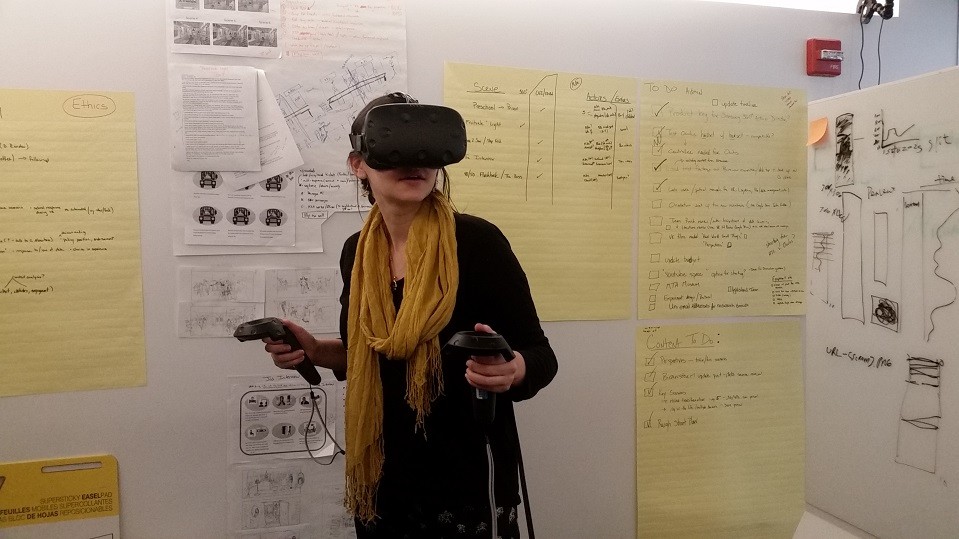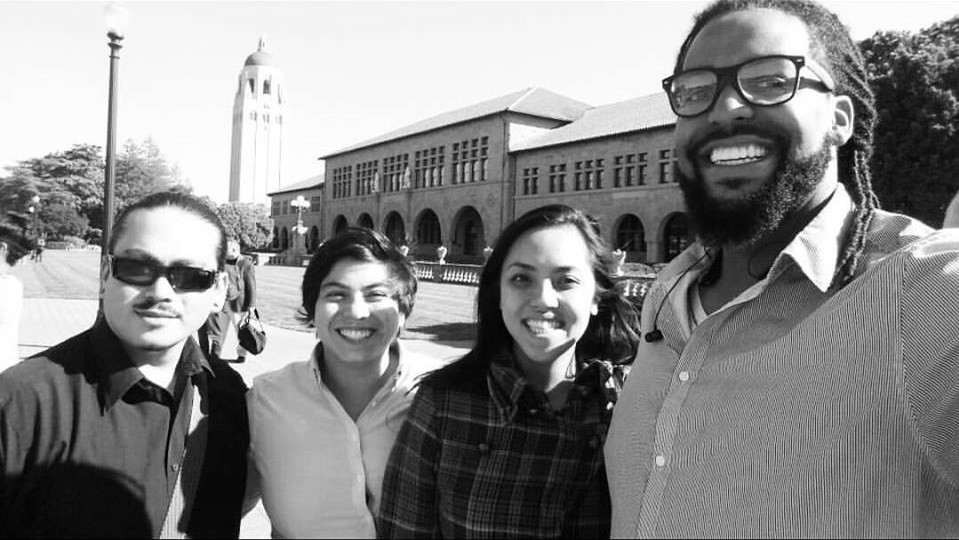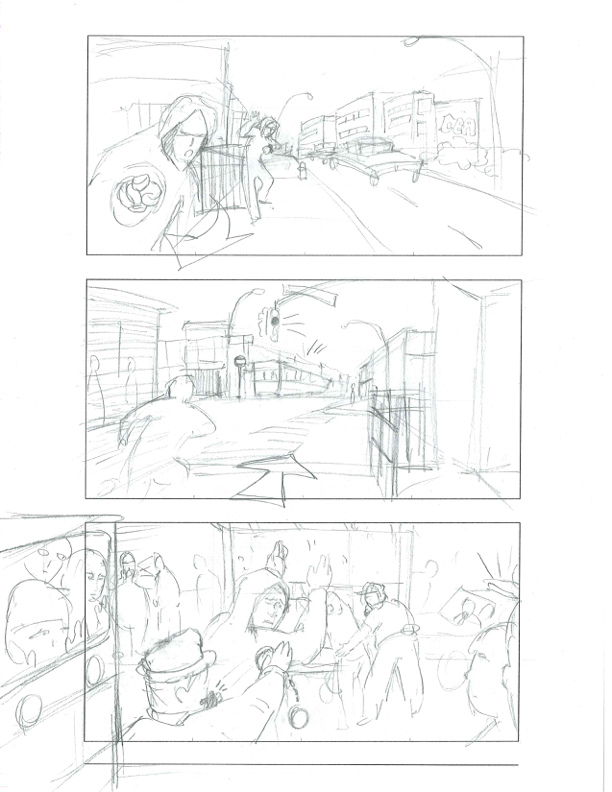We are examining effects of this immersive virtual environment (IVE) on changes in acute physiological functioning (e.g. heart rate, heart rate variability, blood pressure) and psychological processes, including empathy/social perspective taking, racial bias and decision making. This project builds on previous studies, in which we have examined how virtual reality can induce in empathy for people different from oneself.
Funded by a Magic Grant from the Brown Instituten for Media Innovation, and in collaboration with Jeremy Bailenson and his team from Stanford University's Virtual Human Interaction Lab.


